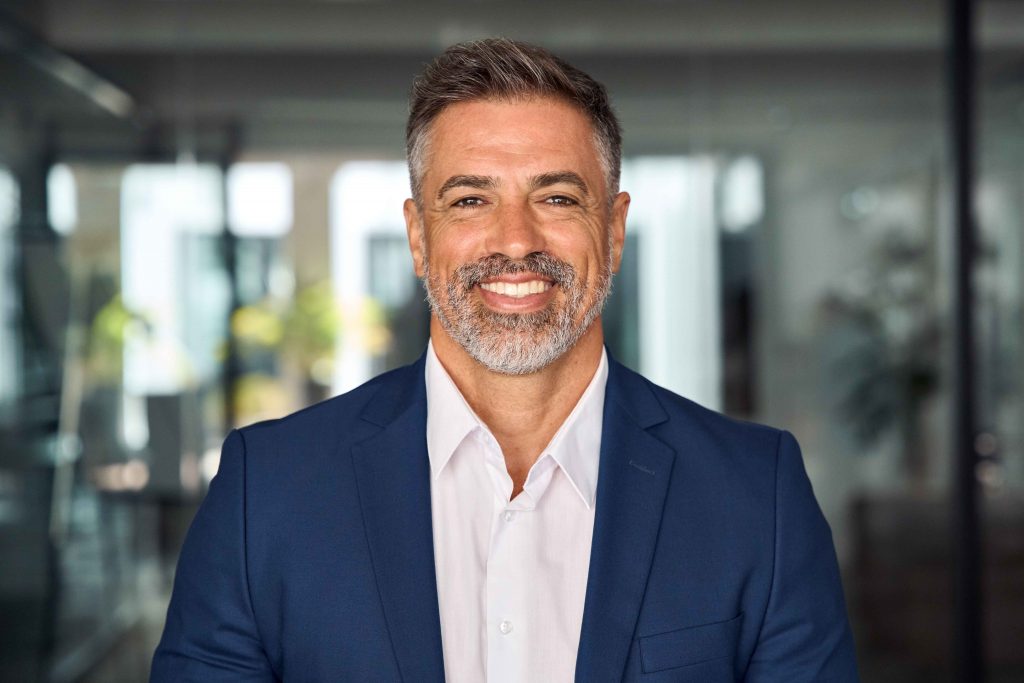The NovaCare Complex auditorium was filled to capacity as Philadelphia Eagles coaches, staff, and players gathered for their spring workouts. Among them was General Manager Howie Roseman, all eyes directed towards Head Coach Nick Sirianni, who stood at the forefront, ready to address the team.
In a candid and forthright moment, Sirianni delivered a heartfelt message, acknowledging his shortcomings. “Last year was on me,” he confessed. “I didn’t get it done.” According to one team source, Sirianni’s admission was both passionate and sincere, as he took full responsibility for the team’s failures and his inability to empower the players effectively.
For a coach known for his exuberant and sometimes brash demeanor, this was Sirianni at his most vulnerable. His objective was to demonstrate accountability and encourage others to follow suit to correct past mistakes and move forward.
The previous season’s collapse necessitated a response from Sirianni. After a strong start with a 10-1 record following a Super Bowl berth, the team lost five of their last six regular-season games. Quarterback Jalen Hurts, in the first year of a significant $255 million contract, faced challenges, and internal tensions grew, culminating in the Eagles’ elimination in the wild-card round by the Tampa Bay Buccaneers.
Despite the early success, the atmosphere was tense. “Even at 10-1, it felt like we were mourning a loss,” a team source revealed. The relationship between Hurts and Sirianni became strained, with sources describing it as “fractured” due to a disconnect in offensive strategies and a lack of mutual respect for Sirianni’s tactical decisions.
As the 2024 season approached, there was optimism that new offensive coordinator Kellen Moore could mediate the relationship between Hurts and Sirianni. Both had made efforts to reconcile, but the true test would come as Sirianni fought for his job and Hurts aimed to regain MVP form.
Hurts’ media response in June raised doubts about the relationship’s recovery. When asked about Sirianni’s openness to changing the offense, Hurts’ hesitant and ambiguous reply fueled speculation about the state of their partnership.
Hurts and Sirianni have distinct personalities that challenge their interactions: Hurts is reserved and internalizes conflict, while Sirianni confronts issues directly. This dynamic proved problematic, with sources noting a persistent lack of a healthy working relationship last season.
Following the departure of offensive coordinator Shane Steichen, Brian Johnson was promoted, seemingly a seamless transition given his long-standing relationship with Hurts. However, differences in vision became apparent. Hurts and Johnson sought to evolve the offense, while Sirianni preferred to maintain the existing scheme, causing friction.
Sirianni took a more hands-on approach last season, holding private meetings with Hurts, which, though not uncommon, muddled the offensive staff’s message. The Hurts-Sirianni dynamic struggled without a third party to facilitate communication.
Johnson’s role as playcaller was complicated by Sirianni’s real-time interventions, creating confusion among players about who was calling the plays. Despite their personnel strength, the Eagles’ schematic issues became evident, with rival coaches noting their reliance on an outdated strategy.
Efforts to find common ground included urging Hurts to communicate more with teammates, but the underlying issues persisted. Johnson, caught between conflicting viewpoints, struggled to assert his identity as a coach.
A critical loss to the Seattle Seahawks in December highlighted the team’s dysfunction. Hurts’ downfield throw, intercepted, exemplified his deviation from the planned strategy, which Sirianni had to publicly cover for.
Despite efforts to seek external insights, such as Hurts’ call to former Giants defensive coordinator Wink Martindale, the Eagles’ season ended in a disappointing wild-card loss. The team’s reluctance to adapt their offensive approach and over-reliance on Hurts’ heroics were significant factors.
Speculation about Sirianni’s job security intensified, though he retained his position, pledging to delegate offensive responsibilities to new OC Kellen Moore. This hands-off approach, aimed at giving Hurts more autonomy, marked a shift in Sirianni’s coaching style.
Observations of limited interactions between Sirianni and Hurts during training camp suggested an improved but still professional relationship. Moore’s confidence and detailed coaching, including increased pre-snap motion and better blitz responses, have garnered player buy-in, including from Hurts.
As the Eagles prepare for the new season, the stakes are high. With a talented roster and strategic changes, they aim to reclaim their status as NFC contenders. However, the resilience of the Hurts-Sirianni relationship and the team’s response to adversity will be critical factors in their success.

